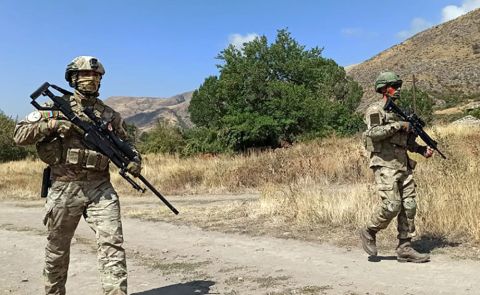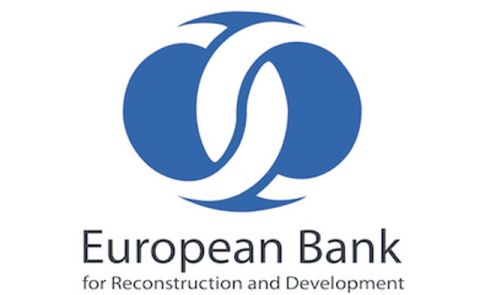
Human Rights Watch Report Sheds Light on Nagorno-Karabakh Impact and Armenia's Domestic Issues
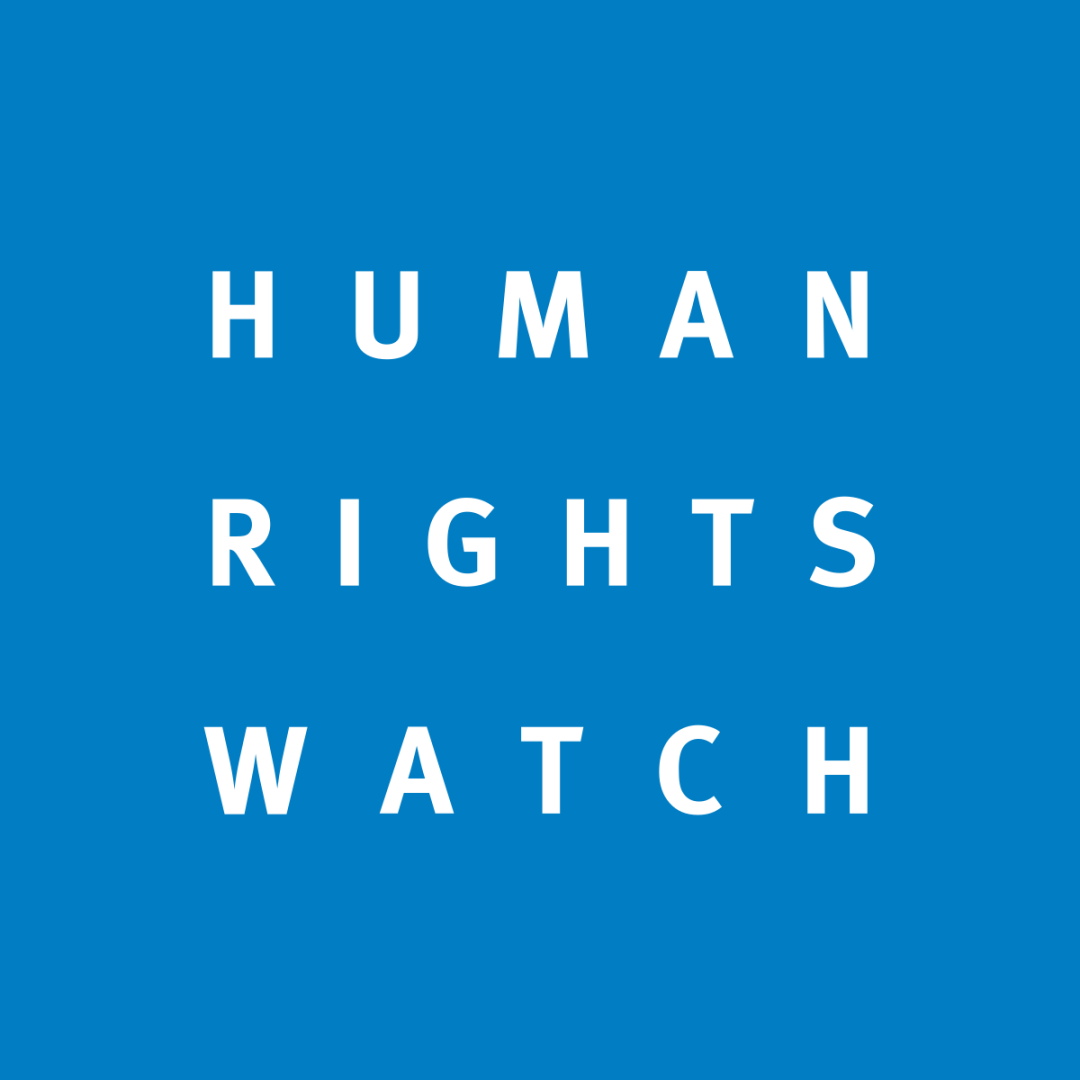
The Nagorno-Karabakh conflict and the displacement of its people have been prominent events in Armenia over the past year, as documented in the annual report published by Human Rights Watch (HRW).
Examining Armenia's domestic landscape, Human Rights Watch identified several issues within the police force, freedom of speech, and the judicial system, among others.
The report particularly notes that the aftermath of the Nagorno-Karabakh conflict has left a significant impact on the region. The 2020 truce brokered by Russia faced multiple breakdowns, with Azerbaijan making incursions into Armenia. Ongoing military hostilities pose threats to the safety of civilians in Nagorno-Karabakh and along the Armenia-Azerbaijan border.
In September 2022, fighting resulted in the death of at least three civilians, temporary displacement of over 7,600 civilians, and damage to residential buildings in Armenia’s border regions.
The ill-treatment of detainees, torture, and impunity persist within Armenia’s custody system. Even when investigations are initiated, they often conclude without identifying suspects or finding no crime committed.
Concerns persist in various areas, including freedoms of speech and assembly. Law enforcement interfered with freedom of assembly during protests, with documented cases of disproportionate force. The Committee to Protect Freedom of Expression reported an increase in violence against journalists during opposition protests.
Armenia continues to grapple with challenges related to the rights of the LGBT community, facing harassment, discrimination, and violence. The criminal code does not recognize animus based on sexual orientation or gender identity as aggravating circumstances in hate crimes.
In the international arena, the European Union seeks a proactive role in resolving conflicts between Armenia and Azerbaijan. The United Nations Human Rights Committee called for amendments to legislation ensuring equality and non-discrimination, particularly in matters of sexual orientation and gender identity. The Council of Europe Parliamentary Assembly urged Armenia to adopt anti-discrimination legislation.
In May, the U.S.-Armenia strategic dialogue was launched, emphasizing discussions on human rights, media literacy, social protection, and justice sector reforms. The European Council President facilitated trilateral meetings addressing border delimitations, transport links, and peace agreements between Armenia and Azerbaijan. The Organization for Security and Co-operation in Europe (OSCE) announced a team deployment to assess border areas by invitation of the Armenian government.
In its 33rd annual World Report, Human Rights Watch provides a comprehensive overview of human rights conditions in more than 100 countries and territories across the globe in 2022. The report is a culmination of extensive investigative efforts carried out by HRW staff throughout the year, frequently collaborating with local human rights activists.
According to HRW, the past year may be recorded in history as witnessing one of the most acute human rights crises, accompanied by tragic consequences. HRW attributes this to the failure of world leaders to take a decisive stance on protecting human rights, opting for transactional diplomacy instead.
See Also

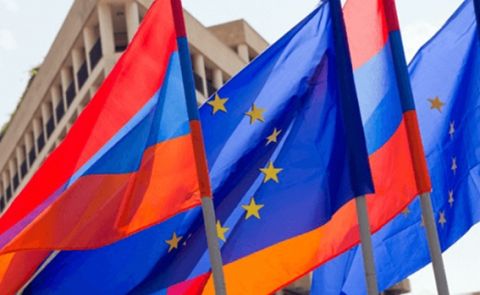
Pashinyan and Mirzoyan Hold Separate Meetings with European Leaders to Focus on Armenia’s EU Integration, Human Rights Progress, and Regional Developments
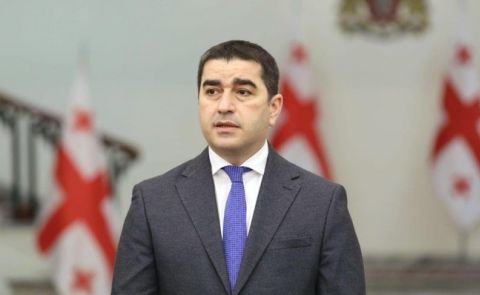
Georgian Parliament Speaker Participates in EU Parliamentary Conference, Engages in High-Level Bilateral Talks
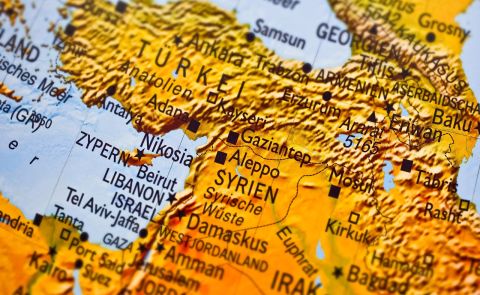
Separatist Abkhazia and Syria Discuss Strengthening Academic Ties, Potential Agreement Between Universities
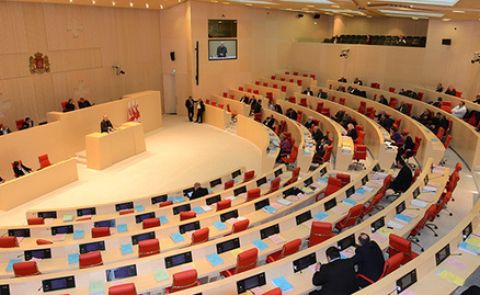
Georgia Announces Legislative Changes Targeting Foreign Nationals in Anti-Government Protests
